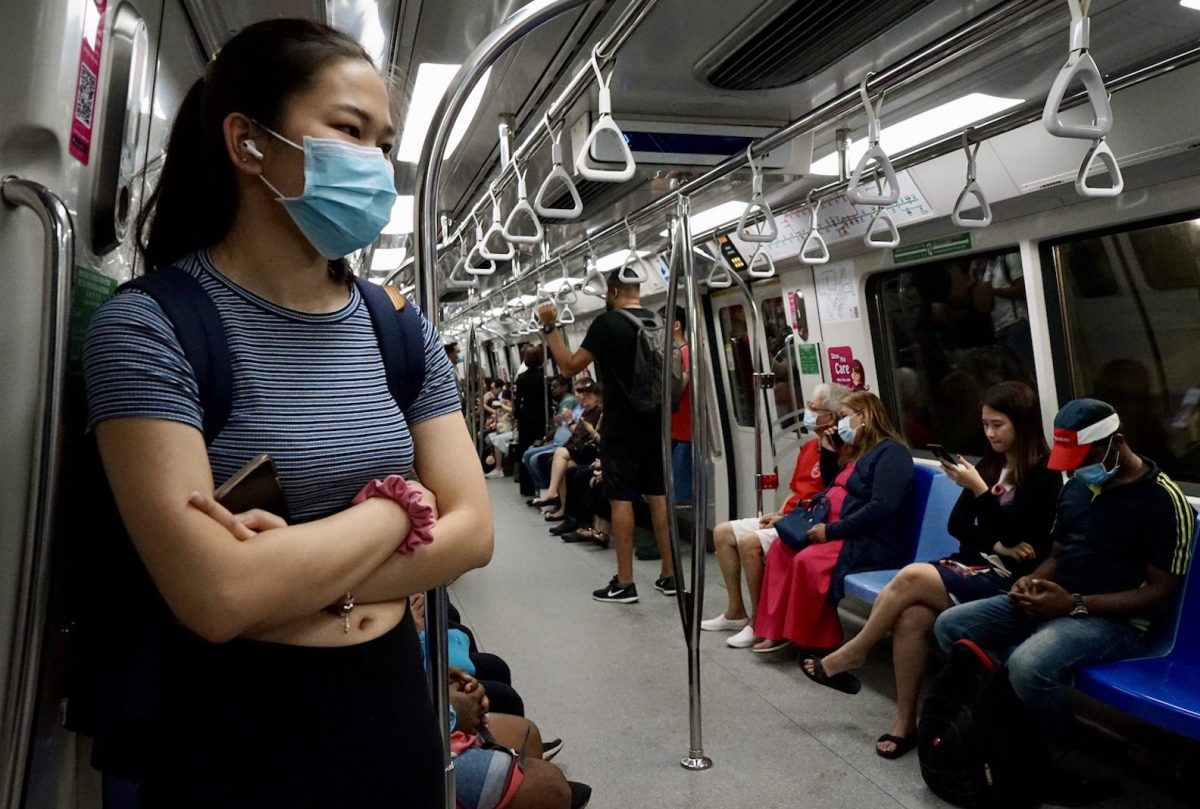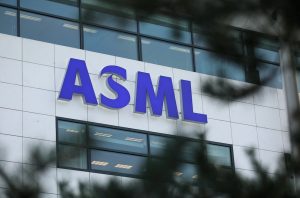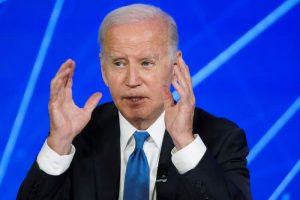When news first broke of the outbreak in Wuhan, China, of the coronavirus that causes the respiratory disease Covid-19, many governments were caught off guard. Some even thought that this outbreak was just another light drizzle, not a major storm, and tried to exploit it to score political gain, while pro-democracy activists and critics slammed the Chinese government for being high-handed in enforcing the lockdown of cities across the country.
The massive lockdown has disrupted global supply chains and turned many cities across China into ghost towns, while hundreds of millions of Chinese had to celebrate their New Year in quarantine. That a scenario like this could hit any North American of European economy was just unimaginable.
Nobody understood why the Chinese were taking such drastic measures until the rate of infections and mortality increased to an alarming level by late January. When the World Health Organization (WHO) finally declared Covid-19 a global emergency, politicians around the world were sent scrambling into taking drastic measures to protect their citizens and economies from the impact of this new pandemic.
Tales of two cities
While most governments are adopting precautionary pandemic protocols, two economies stand out on the opposite ends. On one end, we have China with its drastic cut-loss approach, and on the other end, we have Singapore with its seemingly business-as-usual approach.
With each on a radically different path, it is likely that one will end up containing Covid-19 with the least mortality while the other will most probably end up doing the reverse.
It is crucial to note that outside of China, Singapore has the highest infection rate globally.
Understanding the Chinese psyche
China cherishes economic prosperity and will work tirelessly to attain material success. When China suddenly cut its losses so drastically, it was baffling, as the Lunar New Year celebration was just around the corner.
But when infections and mortality started increasing, and evidence began to surface that Covid-19 was going to be a global pandemic, it came to be understood that the drastic measures taken by the Chinese might not have been draconian after all, but highly sensible.
Compared with severe acute respiratory syndrome (SARS) in 2003, China has responded more swiftly and responsibly in this instance, and it is looking like it is trying to staying its course as a responsible superpower.
Containment in crisis management is vital
By swiftly locking down affected cities, the zero-tolerance containment strategy allows the Chinese to isolate and break the larger cities into smaller, manageable zones and limits the virus’ propagation. It also affords their medical experts vital time to study the virus and assess its risks based on surfacing evidence.
It is a smart move insofar as crisis management is concerned as it allows the Chinese to mitigate many other critical challenges and constraints, and the psychology of their citizens as this new reality unfurls before their eyes.
Approach of Singaporean government
Singapore on the other hand is adopting a business-as-usual approach. Prime Minister Lee Hsien Loong even advised its citizens not to wear masks unless they are unwell and kept assuring them that the country has sufficient masks to weather this influenza.
As a developed country, it has been struggling with fostering acceptable social habits and tolerance with its open-door immigration, foreign students and tourism policies. Unfortunately, this disease is turning out to be a global pandemic. To make matters worse, its citizens, voluntary welfare groups, medical workers and business owners are struggling to buy their own masks but with limited success. It is unthinkable that Singapore should be short of such basic inventory.
Smart Nation and political undertones
As it aspires to be a Smart Nation, Singapore has been investing extensively in artificial intelligence, big data and facial recognition technologies, and this pandemic offers an opportunity to put these investments to the test.
But the trouble with wearing masks is that it can render the current facial-recognition technology useless. Yet in conducting contact-tracing of affected person, this technology provides an edge. The question is, does the end justify the means?
At the start of the outbreak, Lee unconsciously framed this as a test for his appointed fourth generation (4G) of politicians from his People’s Action Party. But when it turned out to be a pandemic, they were caught off guard as many of them were already facing challenges in resolving other pertinent issues that were plaguing Singapore prior to this pandemic.Concurrently, Singapore is also battling a dengue outbreak, and the emergence of a new DenV-3 strain has also complicated its fight. It is looking like Lee’s 4G politicians have their work cut out for them. With a looming election, Lee may have to rethink the current containment strategy.
Plugging the gaps
Covid-19 is turning out to be complicated by the infectious nature of asymptomatic carriers that can evade even medical tests and thermal screening at airports or other points of entry.
The initial viral infections in Malaysia, the UK, Spain and France have been traced to an event in Singapore. This is making many countries nervous.
With foreign travel advisories staked against Singapore, and where cruise liners are avoiding its ports, there is growing evidence to suggest a need for Lee to step in and adopt a radical change in the country’s containment strategy, as there are just too many gaps and discrepancies in its current form. Unless his 4G politicians can contain such fallouts, the trusted Singapore brand, known for its efficiency, reliability and investment-worthiness, will take a massive hit.
As a city-state with no hinterland, it may also impact its reliance on foreign imports for its food and workforce. Should more countries recall their citizens or should Malaysia be forced to close its two causeways, basic essentials like eggs, greens, poultry, seafood and meat will be badly affected.
Going forward
Even after the transmission of the virus is reasonably contained, it will still be a challenge when Singapore activates its final recovery plan because of the potential risks of asymptomatic carriers within its population and new infections entering its shores from new arrivals. It is like trying to fix a leaky tap without turning off the main supply.
As such, from the perspective of crisis management, its business-as-usual approach will likely compromise the collective efforts of its frontline medical teams, and may hurt instead of preserving its economy.
Singapore needs to rethink why China is cutting its losses so drastically. It is prudent that Singapore appreciates the Chinese approach and errs on the side of caution, as Covid-19 is not likely to be going away any time soon. Short-term pain may be necessary to procure long-term gain.
Should Singapore find itself in a prolonged pandemic, there will be a limit as to what it can offer in terms of financial relief or monetary transfer. But when unemployment hits the roof, food becomes scare or expensive, or there is a massive outflow of capital, it may then be too little too late.
Lee is looking to be in a predicament. With a looming election, he must show firm resolve in guiding Singapore out of this pandemic. In terms of his priorities, the very survival of Singapore must come before any other economic or political considerations. Simply put, Singapore cannot afford to lose and must get its bet right.
Joseph Nathan has been the principal consultant with several consultancy agencies in Singapore for the past 28 years. For Malaysia, Indonesia and the Middle East, he undertakes consultancy via JN Advisory (M) Sdn Bhd, covering real estate and infrastructure, aviation, operations and general business review (non-manufacturing). He is a Singaporean and holds an MBA from Macquarie Graduate School of Management.
























